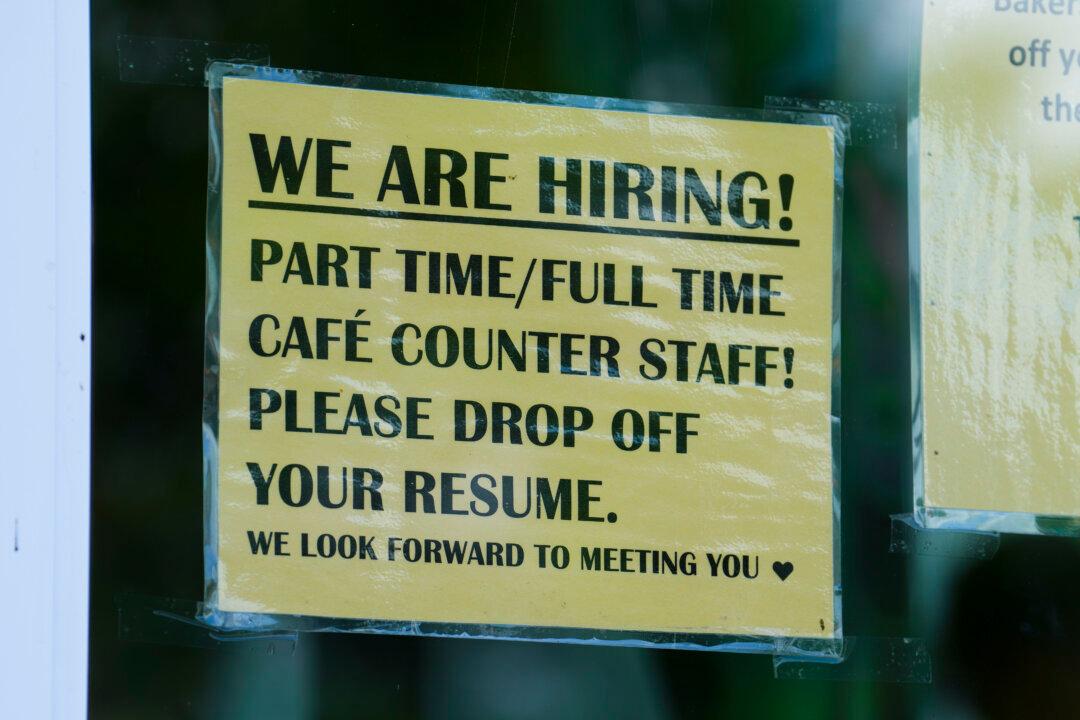Less than 1 percent of the $22 billion collected by the federal government in carbon tax revenues over the past four years has been returned to small businesses across Canada, says a new report.
The Canadian Federation of Independent Business (CFIB) estimates that, although small businesses pay nearly half of all carbon-tax revenue collected by Ottawa, the federal government has returned only 0.17 percent of the total amount to small businesses between the 2019–20 and 2022–23 fiscal years, as first reported by Blacklock’s Reporter.





